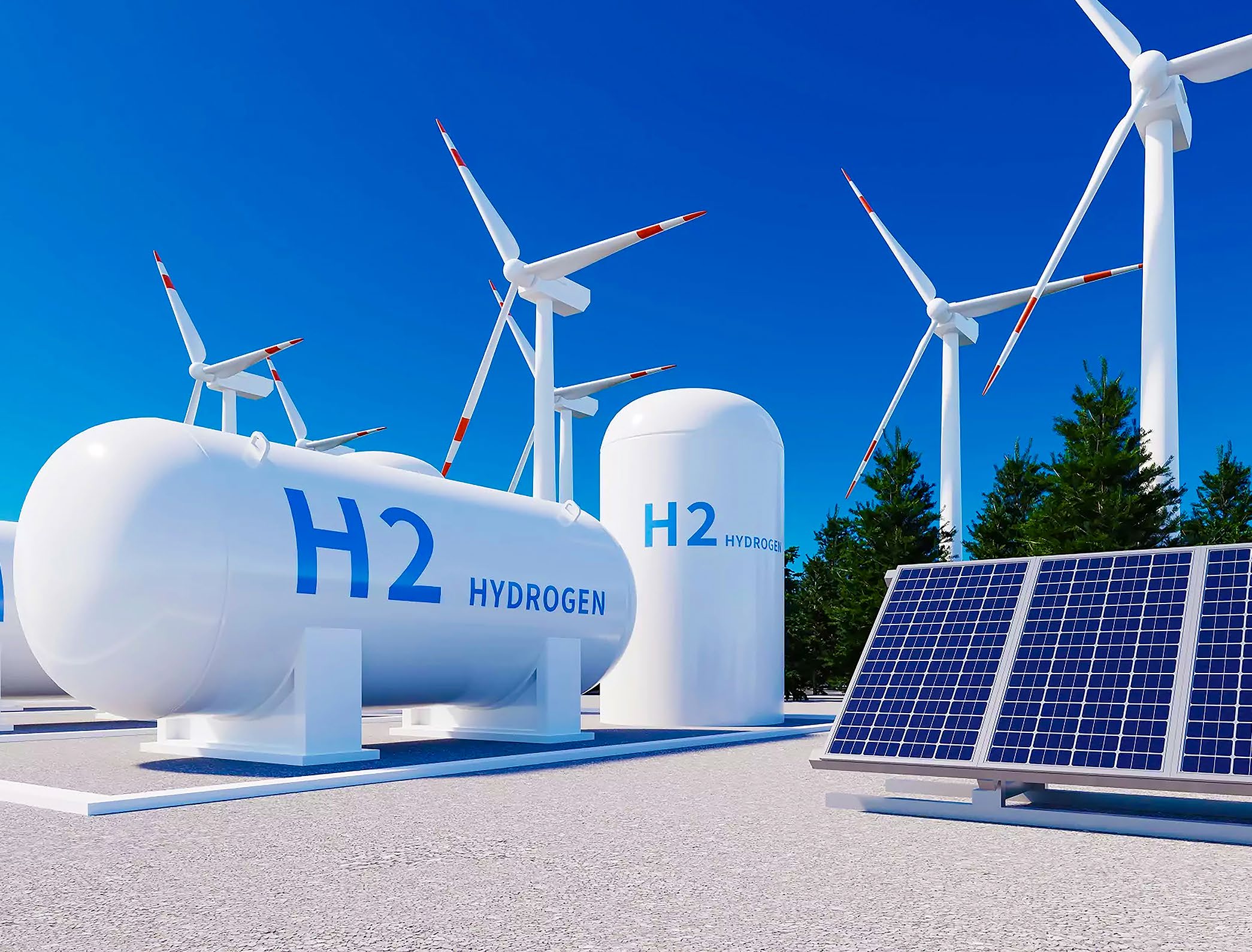Hydrogen has emerged as a promising innovation for a sustainable future amidst the global energy landscape’s transformation. A recent report from the Hydrogen Council suggests that by investing in renewable hydrogen production, African countries could not only meet their own electricity needs but also become significant exporters to meet the increasing global demand.
The promise of hydrogen lies in its carbon-free nature and its ability to store and transport energy efficiently. Unlike fossil fuels, the combustion of hydrogen produces only water, making it an environmentally friendly alternative that aligns with the world’s collective goal of achieving net-zero emissions.
Of Hydrogen’s Versatility
Hydrogen’s versatility extends far beyond its clean-burning properties. It can be used in a wide range of applications, from powering fuel cell electric vehicles (FCEVs) to providing zero-emission heating and cooling for buildings. In the industrial sector, hydrogen can be used as a feedstock for the production of chemicals, steel and other materials, reducing the carbon footprint of these energy-intensive processes.

One of the most promising applications of hydrogen in Africa is its potential to overcome the continent’s energy access challenges. Many rural and remote communities in Africa lack reliable grid connections, making it difficult to access electricity. By harnessing the power of renewable energy sources like solar and wind to produce “green hydrogen,” these communities can establish self-sufficient, off-grid energy systems that provide clean, reliable, and affordable power.
Breakthroughs in Africa
Africa’s embrace of hydrogen is gaining momentum, as evidenced by the recent developments across the continent. In South Africa, the country’s Hydrogen Society Roadmap outlines a comprehensive strategy to position the nation as a global leader in the hydrogen economy. The plan includes establishing large-scale hydrogen production facilities, developing a network of hydrogen refueling stations and promoting the adoption of FCEVs.
Similarly, Morocco is making strides in the hydrogen arena. The country’s strategic location and abundance of renewable energy resources have made it an attractive destination for hydrogen projects. In June 2020, the Germany-Morocco Hydrogen Agreement was signed in Berlin to collaborate on the production of green hydrogen for use in both Morocco and Germany. An investment of €300 million has already been committed which will enable Germany to acquire green hydrogen from Morocco in the future.
Namibia is also poised to become a major global supplier of green hydrogen with several significant investments lined up. Among them is Hyphen Hydrogen Energy’s $10 billion facility in Tsau//Khaeb National Park, which has the capacity to produce 300,000 tons per annum. Other noteworthy hydrogen projects include the Tumoneni project, the Daures Green Hydrogen Village project and the Swakopmund project.
On the other hand, Egypt is currently working on 21 green hydrogen projects. The country is strategically positioned at the crossroads of Africa, Europe, and Asia and aims to become a global supplier as well. To attract more foreign investment, Egypt has established the National Council for Green Hydrogen, which is responsible for ensuring the country’s competitiveness and attractiveness at the international level.
Unlocking Africa’s Hydrogen Potential
As Enlit Africa 2024 approaches, the conference will provide a crucial platform to discuss the strategies and innovations needed to unlock Africa’s full hydrogen potential. Key areas of focus will include:
1. Policy and regulatory frameworks: Establishing clear, supportive policies and regulations that incentivise hydrogen production, distribution, and utilisation across various sectors.
2. Financing and investment: Mobilising the necessary capital, both public and private, to fund large-scale hydrogen infrastructure and development projects.
3. Technological advancements: Fostering research and development to drive down the costs of hydrogen production, storage, and distribution, making it more accessible and affordable.

4. Capacity building and skills development: Investing in education, training, and the creation of a skilled workforce to ensure the long-term sustainability of Africa’s hydrogen economy.
5. Collaborative partnerships: Encouraging cross-border cooperation and knowledge sharing to accelerate the deployment of hydrogen solutions across the African continent.
As the world grapples with the urgent need to transition to a more sustainable energy system, hydrogen emerges as a pivotal player in Africa’s renewable energy future. By harnessing the continent’s abundant renewable resources, Africa can unlock the full potential of hydrogen, transforming it into a clean, reliable and accessible energy source that drives economic growth, improves energy access and supports the global fight against climate change.
Text by Martin Chemhere

